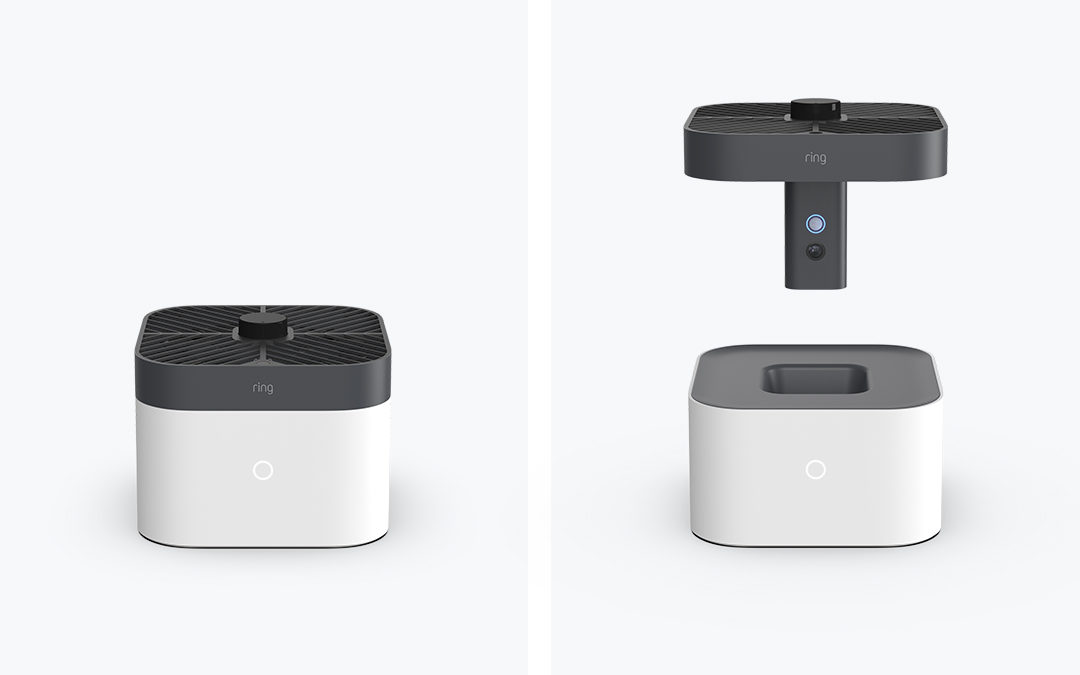You don’t need to be a privacy fanatic to see the problems with letting a camera-equipped drone fly around your house, feeding video to your phone (and the cloud) as it buzzes from room to room. Amazon is betting you won’t care. You should. It’s a privacy disaster.
In case you haven’t heard, earlier this fall Amazon introduced the Ring Always Home Cam, a small drone that acts as an all-seeing eye as it floats through your home. It’s supposed to be a security device, allowing you check on your home while you’re away. Worried you left a window open? Launch the Ring Cam to find out.
Maybe that’s appealing. But is it worth letting Amazon peer into your living space? Is it worth sacrificing your privacy? Remember, Amazon-owned Ring, which makes those increasingly common video-enabled doorbells, has had plenty of security woes. What happens if (when, really) the camera flying past your bedroom gets hacked? This is a tracking nightmare, a total capitulation to the gods of data collection, and a privacy disaster.
Even if Ring designs an impenetrable encryption system, by using the drone you’re handing a trove of personal information to Ring and, therefore, Amazon. Information about the people who live in your house—your family—and the products that fill it. That’s your information about your life.
You can view the Ring Always Home Cam as its makers would like: A benevolent security device. Or you can see it as a personal data vacuum, inhaling vast amounts of information about you and your family as it roams your home. Security shouldn’t be a matter of perspective.









